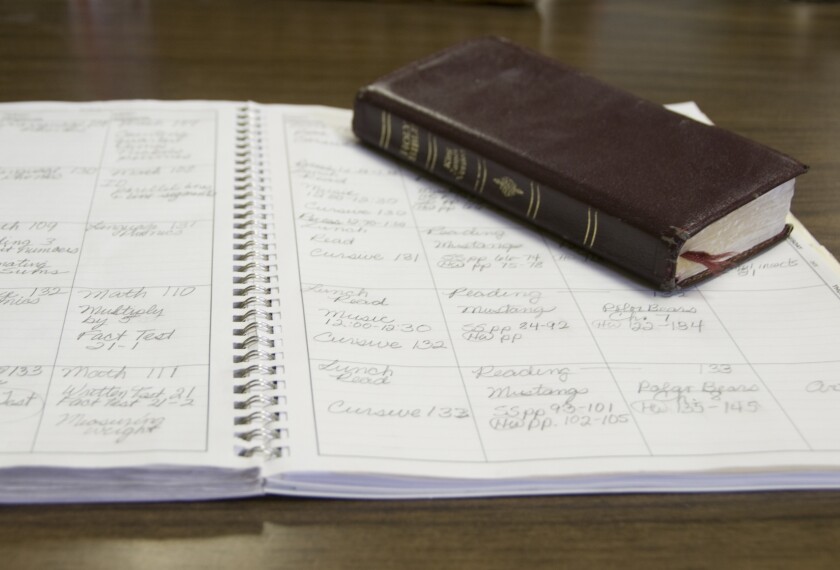While high school students across the nation are learning Spanish, French, and German, students at Chicago’s Walter Payton College Prep High School are tackling a much more unusual language: Zulu.
The selective public school doesn’t have a formal Zulu curriculum, or even a teacher with a degree in the language. However, physics teacher Sam Dyson offers Zulu during weekly seminar sessions designed to allow students to explore subjects outside the traditional curriculum.
Zulu, one of 11 official languages in South Africa, has been a passion of Dyson’s since he first heard Ladysmith Black Mambazo, a popular Zulu music group, when he was a teenager in Ohio. As an undergraduate at Yale, Dyson studied Zulu for three years. Later, he spent a year in South Africa as a science teacher with WorldTeach, a nonprofit organization that sends volunteer educators to developing nations.
But it wasn’t until Dyson was given the opportunity to teach Zulu at Payton that he realized all the good that could come of it. Not only do his students learn the complicated language’s distinctive clicking sounds, they’re also immersed in South Africa’s culture, history, and modern politics.
Last April, Dyson took 14 students on a two-week journey to their sister school, Vukuzakhe High School in Umlazi, South Africa, where they attended class, stayed with host families for two nights, and visited a game reserve. Vukuzakhe’s South African students, who have been in contact with Dyson’s class through video and teleconferencing, plan to visit Chicago this fall.
“I’ve learned so much, and it’s not just about speaking, but learning the culture and history,” says Daniela Cuellar, a sophomore who went on the trip. Cuellar already speaks Spanish and is taking Chinese classes at Payton, but was eager to add Zulu to her linguistic skill set.
This exposure to another culture is exactly what Dyson wants for his students—especially at a time when connections between the United States and the rest of the world seem more critical than ever. “The impact was quite tangible on the students who traveled,” he says. “Their perspectives on the world were broadened.”




